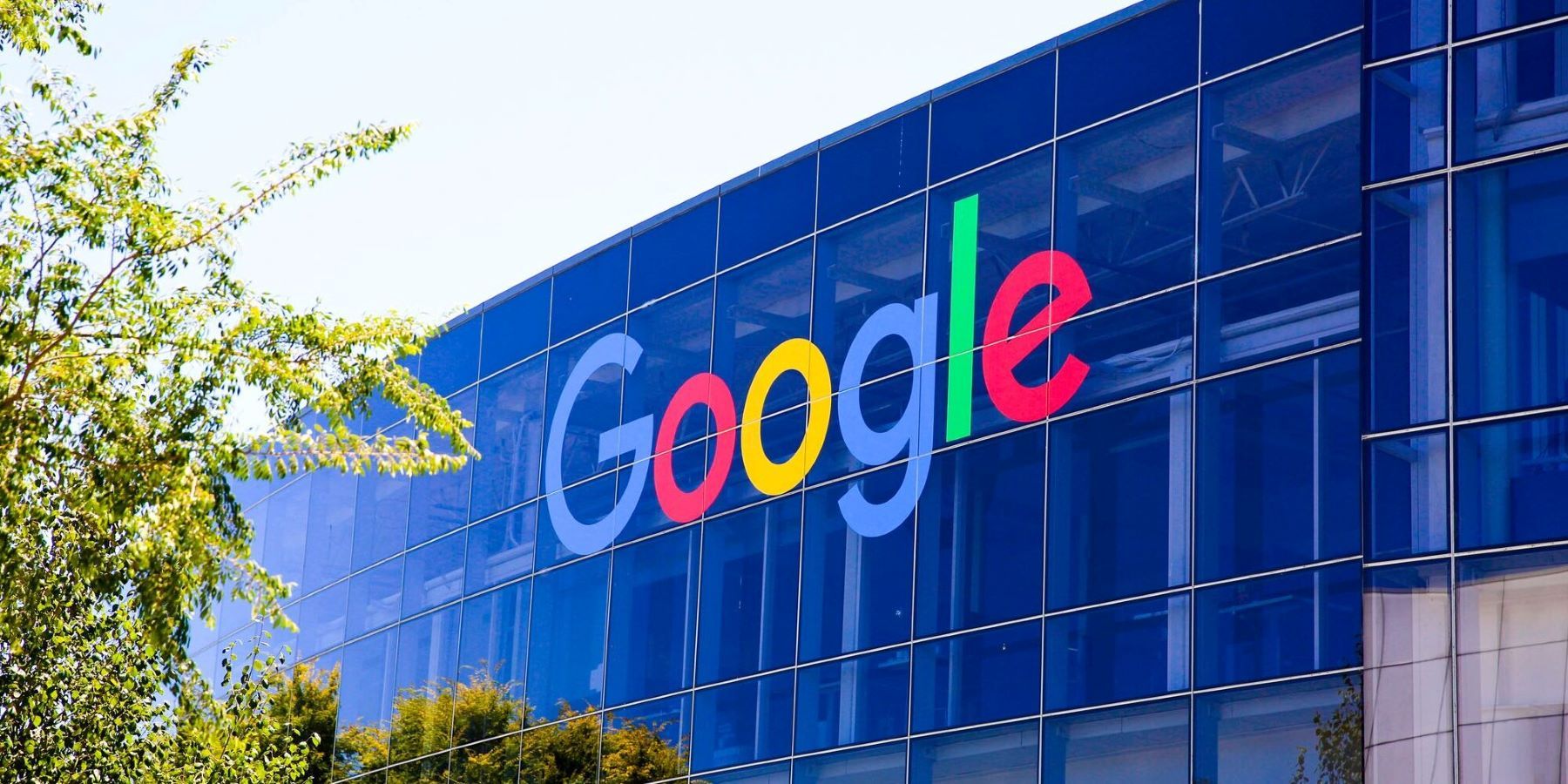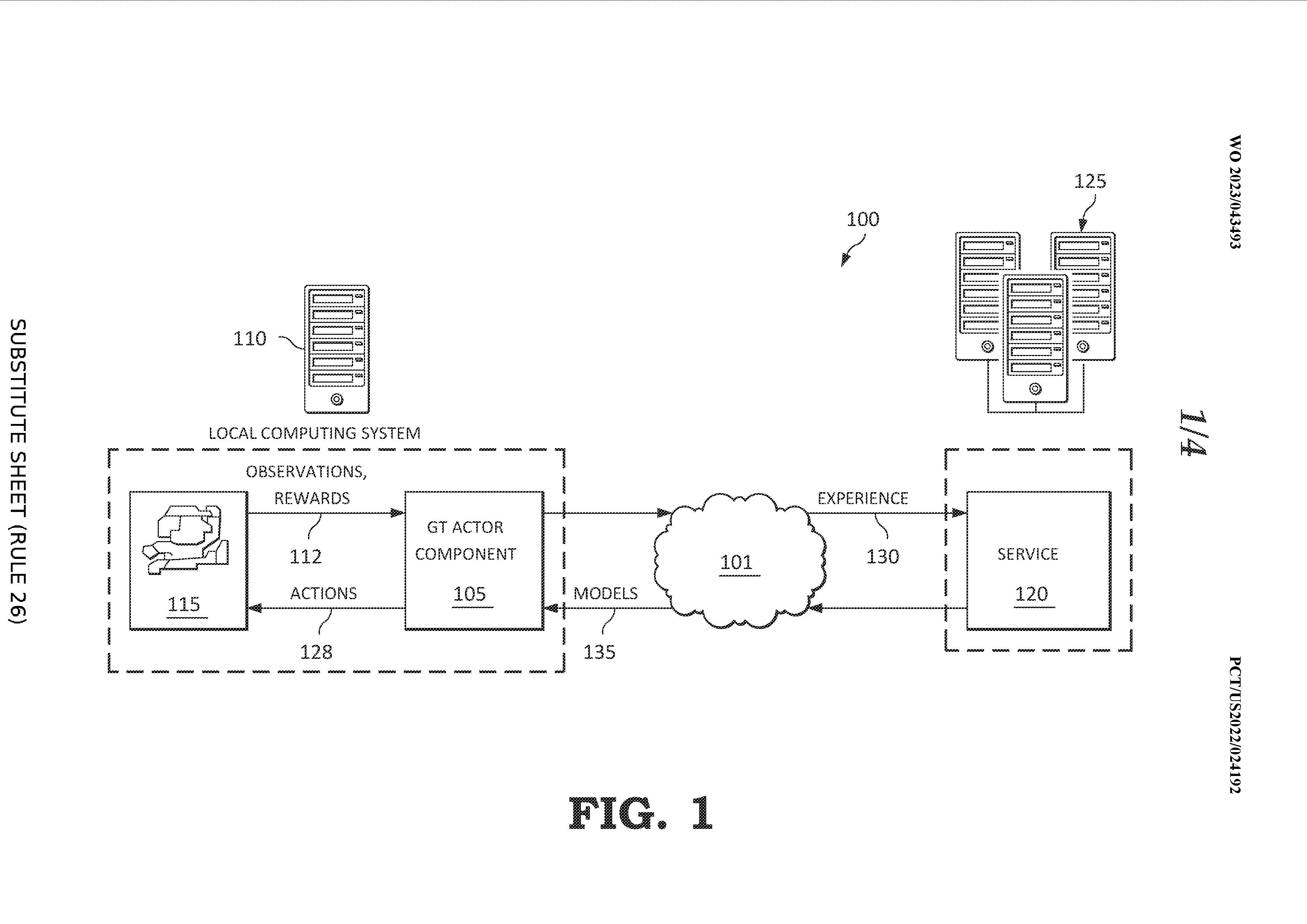Google has filed a patent detailing a system that seeks to eliminate the need for manual QA testing through the use of artificial intelligence. Although Google has recently struggled to truly make a name for itself within the gaming industry, the technological conglomerate continues to invest, trying to garner market share beyond the Play Store.
The past few months have seen a dramatic rise in the prevalence of software and tools powered by AI, firmly positioning the once whimsical technological milestone at the forefront of cultural discourse and critique. Much of the recent hype was fueled by ChatGPT, an AI chatbot developed by OpenAI and released to the public late last year. It showcased a frighteningly impressive aptitude for constructing detailed responses to specific prompts, far beyond what many believed AI to be presently capable of. Since ChatGPT's fame and proliferation, other companies such as Microsoft and Google have sought to catch up, releasing their own versions for public consumption.
But beyond the amusement of AI Seinfeld shows and bringing together former presidents in a Call of Duty lobby, a patent published last week, titled Efficient Gameplay Training For Artificial Intelligence, has much more severe implications for the gaming industry. It outlines how AI could be used to automate the process of Quality Assurance, which is currently conducted by dedicated teams to test and fix video games before they release.
A description of the patent attempts to justify its existence and necessity by pointing to the complexity of modern releases, blaming the frequency of delays and bug-riddled launches on the inability of QA teams to appropriately scale. The patent notes that game testing and quality assurance is a mostly manual process, dependent on humans to repeatedly complete video games to detect errors. Developers are likely to agree with many of the sentiments present within the patent, particularly that QA has become increasingly more difficult, but the proposed solution is likely where any prior enthusiasm would be dashed.
Even in its infancy, AI has proved more willing to replace and steal from artists, designers, and other creatives, rather than boost productivity or aid existing roles. It is especially concerning when considering the historical maligning of QA testers in the video game industry, which has led to many teams undertaking efforts to unionize. QA workers at ZeniMax recently became not only the largest gaming union yet, but also the first to be made at Microsoft. To have these landmark victories threatened by AI is a concerning prospect, but there is still time before that reality comes to fruition.


